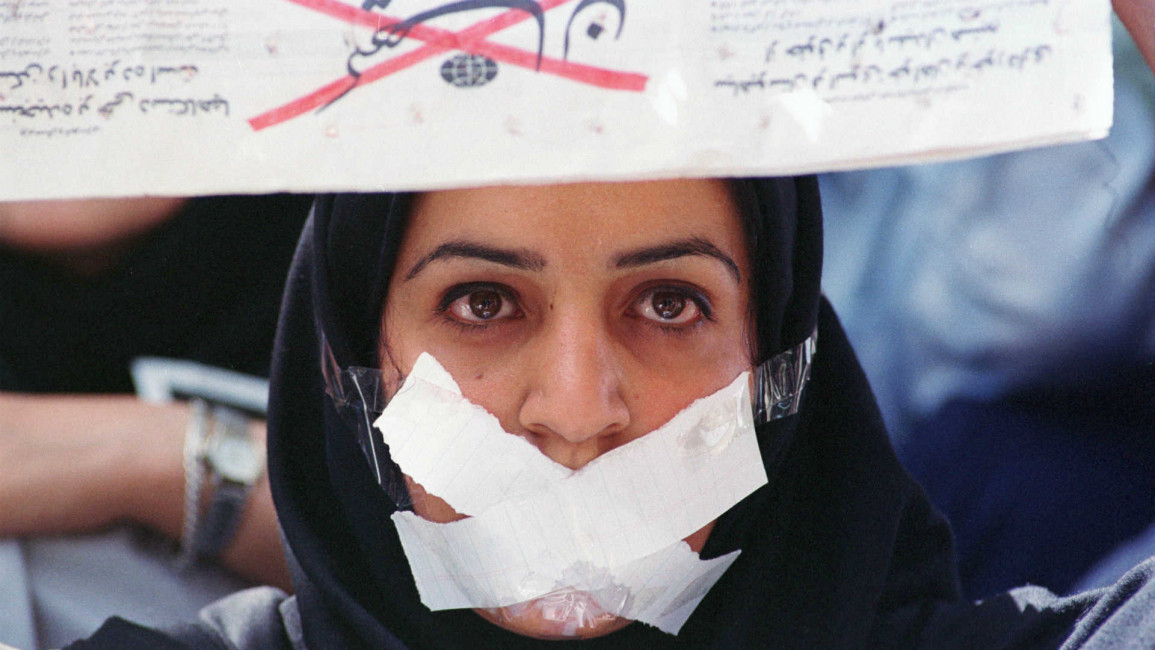Iran bans use of encrypted Telegram messaging app
The office of President Hassan Rouhani meanwhile announced a ban on government and administration workers from using the service to communicate, according to IRNA news agency.
The move comes days after Russia announced a similar ban on the popular messaging service.
Telegram is the most popular social media service in Iran with some 40 million users - roughly half the population. It was built by Russian tech guru Pavel Durov and offers end-to-end encryption, allowing users to keep the prying eyes of government away.
The application has been popular among activists and protesters critical of the Islamic Republic.
"In line with safeguarding national interests and removing the monopoly of the Telegram messaging network, the website for the preservation and publication of the works of Grand Ayatollah Khamenei will stop its activities in this network from this moment," said the last message on Khamenei's Telegram channel.
Twitter Post
|
His post directed users to accounts on Iranian messaging services, including Soroush and Gap, which the authorities are trying to promote.
First Vice President Eshagh Jahangiri and foreign ministry spokesperson Bahram Ghassemi followed suit by closing their Telegram accounts on Wednesday, IRNA reported.
Last week, Khamenei issued a statement saying any breaches of online privacy were haram, meaning they were religiously forbidden. Iran experts interpreted the comments as meant to encourage the use of domestic apps, which many fear will be monitored by police and security services.
Khamenei's channel said his move away from Telegram was an initial step toward stopping its use by all "official bodies".
During a wave of protests that hit dozens of Iranian cities in December and January - leaving 25 people dead and more than 5,000 reportedly arrested - Iranian authorities temporarily banned Telegram, accusing it of allowing foreign-based "counter-revolutionary" groups to fuel unrest.
But the government of President Hassan Rouhani has pushed back against efforts to block Telegram and other popular services such as Instagram, saying thousands of businesses use the service and access to the outside world should not be curtailed.
On Tuesday conservative lawmaker Abolfazl Abutorabi said "all foreign messaging services" could be banned on April 21, with Telegram first to go.
On Sunday, the ministry of education banned the use of foreign social media networks in schools.
Follow us on Twitter: @The_NewArab



